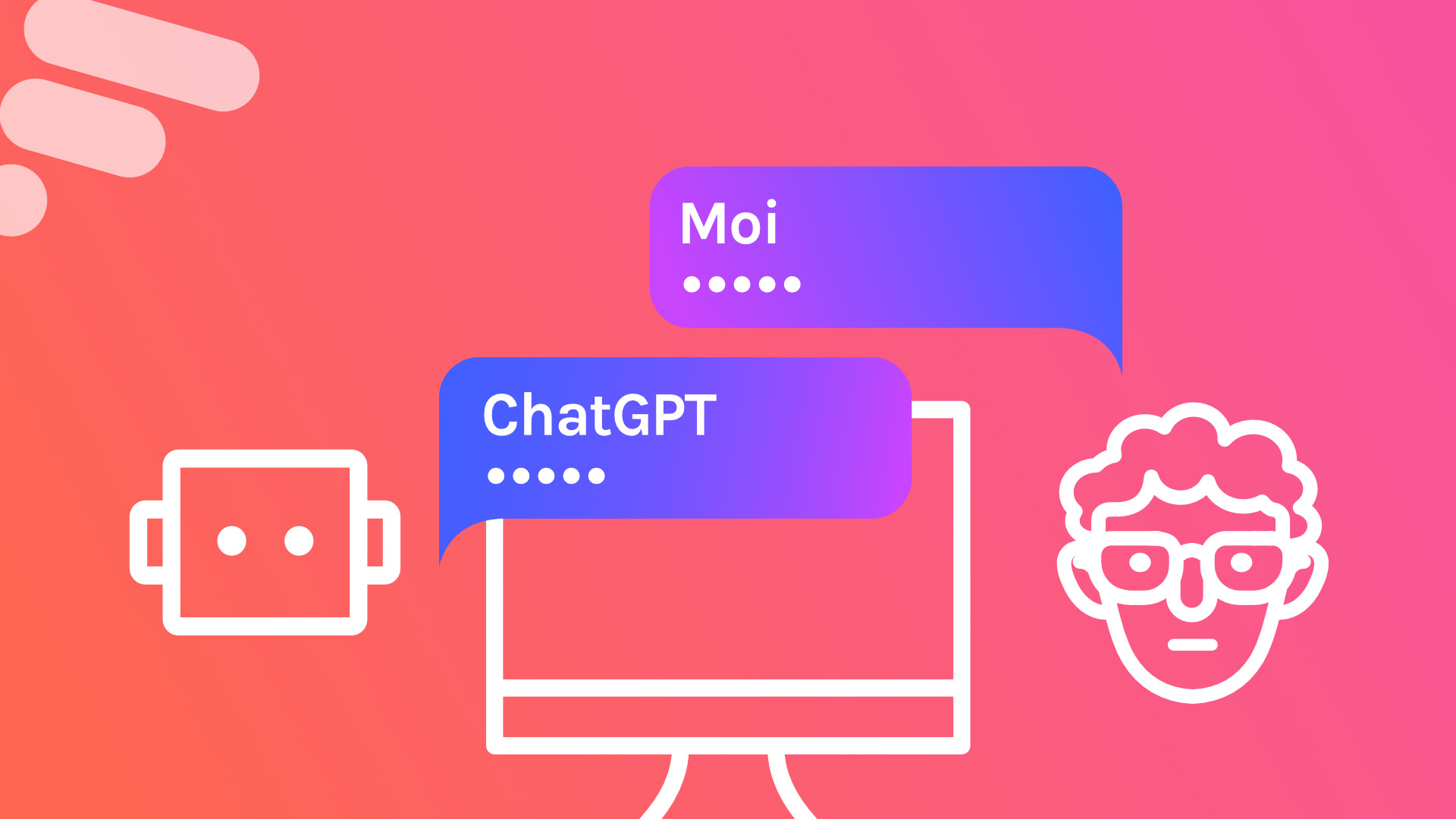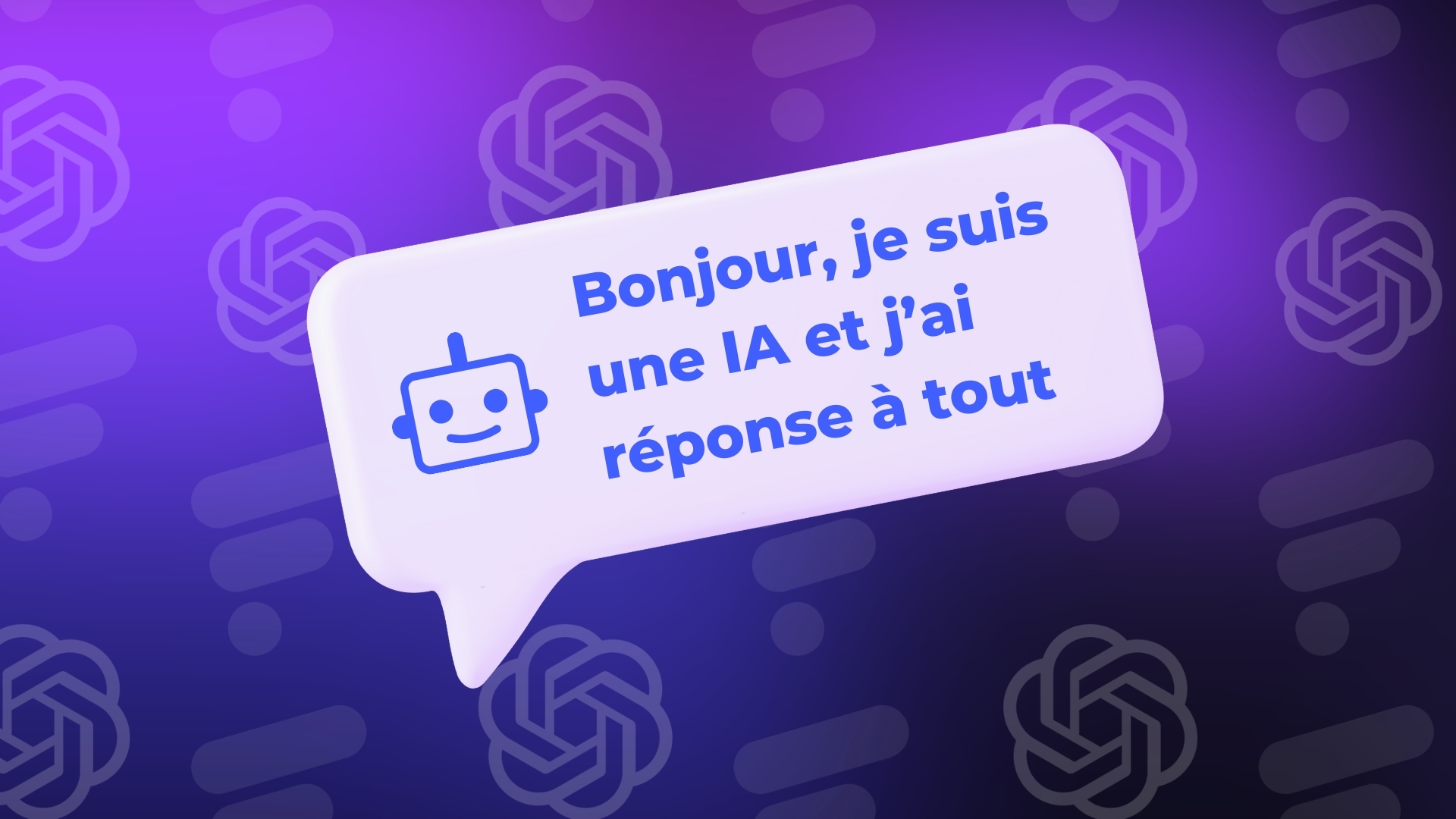ChatGPT, Gemini and others are almost an integral part of our digital daily lives. However, these generative AIs absorb large quantities of data, sometimes private. How to avoid this?
 Source : Frandroid
Source : Frandroid
Would you agree to reveal to a human everything you say to your domestic AI? It was by asking this simple question that the CNIL embarked on a small experiment to raise awareness among the general public on the subject of private data and their uses by conversational agents such as ChatGPT or Google Gemini.
Pretending to test a new AI called “Germain”the French personal data policeman asked several students to start a dialogue with the chatbot. After several minutes of discussion, the organizers of the event revealed the pot of roses: behind “Germain” was a flesh-and-blood human who tried to collect as much personal information as possible via the fake discussion interface .
A false sense of security
The aim of the experiment was to show that, behind the generative AIs which have exploded in popularity in recent years, there can also be hidden mechanisms for siphoning off personal data. A participant in the experiment explains that he did not pay attention to the data delivered to the “AI”, because “it was so convenient to have an immediate answer to my question ».
 Source : Frandroid
Source : Frandroid
« The exchanges reproduce the conditions of a human conversation and further encourage a spontaneous exchange of information throughout the discussion», notes the CNIL. The organization also points out the fact that “interaction with an AI can be perceived as being under control”, giving a feeling of security which “sometimes facilitates the sharing of information initially considered private. »
To avoid sharing without thinking “personal data, or even sensitive data (for example about your health, your sexual orientation or your religion) about you and those around you», the data policeman gives some practical advice.
- Only share the bare minimum of data and ask yourself each time about its uses.
- Avoid giving out personal or intimate data as much as possible.
- Delete your data regularly.
- Be as clear as possible in your requests to avoid unnecessary exchanges.
- Favor less data-intensive AI.
- Do not hesitate to use your right of access to data guaranteed by the GDPR.
- If in doubt, consult the platform’s terms of use.
If some of this advice may seem somewhat restrictive, the Internet user is not always the sole decision-maker of the platforms he or she uses, minimizing the quantity of data transmitted is always a good approach, whether during discussion with a chatbot or not.
Did you know? Google News lets you choose your media. Don’t miss out Frandroid et Numerama.
